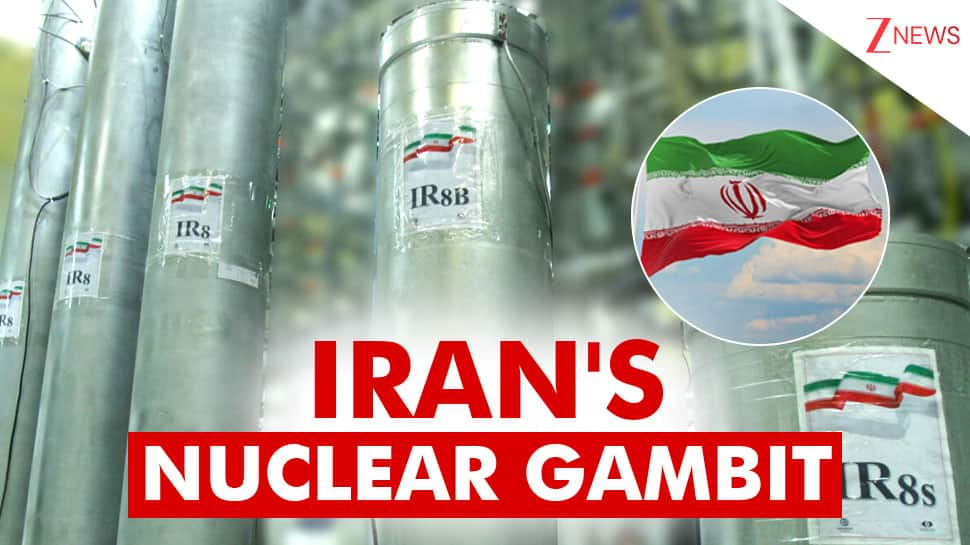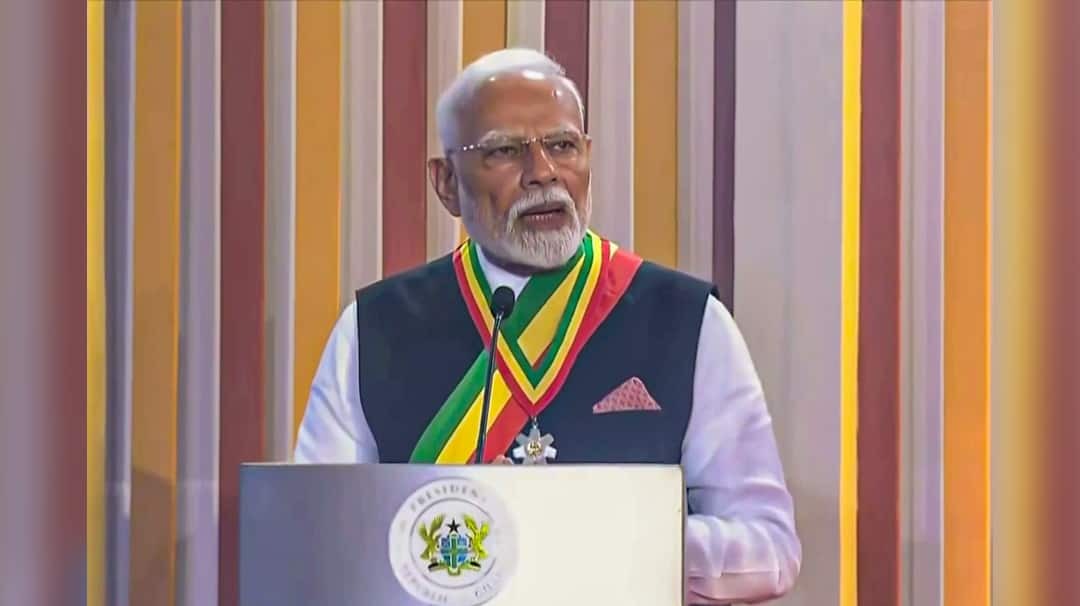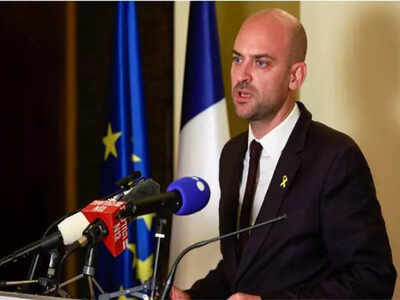Iran’s Nuclear Gambit: Has Tehran Cleared The Path To A Bomb By Ditching IAEA? Know In Detail | World News

Iran has suspended its cooperation with the International Atomic Energy Agency (IAEA), a step that has ignited international concern regarding its nuclear activities. The move, as reported by official state media on Wednesday, followed recent Israeli and US attacks on Iranian nuclear sites last month.
Iranian President Masoud Pezeshkian ratified legislation to cancel cooperation with the IAEA. The move was made by parliament with a huge majority on June 24, just one day after a ceasefire was imposed on Israel. Enactment of the new law essentially brings an end to international monitoring of Iran’s nuclear program, enabling Tehran to pursue its nuclear goals in secret. Iran has always held the stance that no other country can decide whether or not it can have nuclear power.
Implications Of IAEA Withdrawal
The parliamentary vote signified that IAEA inspectors can no longer visit Iran’s nuclear facilities. This has a direct implication that if Iran clandestinely develops its nuclear program, the IAEA cannot find out how many advances it has made.
Iran’s permanent representative to the United Nations, Amir Saeed Iravani, acknowledged that IAEA inspectors are still in Iran and safe, but added that “their activities have been suspended, and they are not permitted to visit our sites.” Access by IAEA inspectors in the future would now need to be sanctioned specially by Iran’s Supreme National Security Council.
Path To A Nuclear Bomb?
The move to sever ties with the IAEA heightened suspicions that Iran is rushing headlong towards the development of a nuclear weapon. Frighteningly, 400 kilograms of uranium are said to be ‘missing’ after the bombing of Iran’s Fordow, Natanz, and Isfahan nuclear installations. Israeli Prime Minister Benjamin Netanyahu has already stated that Iran has sufficient uranium to make nine nuclear bombs. Worth noting is that Iran already possesses a considerable amount of enriched uranium. The IAEA previously reported that Iran enriched its uranium up to 60 percent purity. In the absence of international oversight, if Iran enriches its uranium further to 90 percent, it could gain the ability to develop a nuclear bomb. Nevertheless, there are still a number of weaponization obstacles that would be in the way.
In spite of these changes, Iranian Foreign Minister Abbas Aragchi said in an interview with CBS News that there was no force that could fully annihilate technology and science using bombs.
NPT Membership And Contradictions
Iran is still a member of the Nuclear Non-Proliferation Treaty (NPT), which gives the country the right to utilise nuclear power for peaceful purposes but does not allow it to build nuclear weapons. This right includes uranium enrichment and nuclear research, as well as access to nuclear technology and materials, provided they are not for weaponization. However, NPT membership requires accepting IAEA monitoring to ensure the program remains peaceful. Iran has never denied that its nuclear program is for peaceful use, but its 60 percent uranium enrichment is far beyond the 5 percent that is usually deemed sufficient for peaceful purposes, causing one to question their assertion.
Iran’s Supreme Leader Ali Khamenei also declared that if Iran wanted to construct a bomb, world leaders could not prevent it. Iran’s motives for restarting its nuclear programs are unclear. The US and Israeli attacks allegedly destroyed most of Iran’s nuclear centrifuges at Natanz, which would make enrichment difficult. Some of Iran’s hidden nuclear facilities are presumed to be still safe.
Kuh-e-Kolang Gaz-La, a clandestine nuclear complex within mountains just a short distance from Natanz, is such an example. If Iran resumes operations at this or other centers like it, it will lead to a major increase in anxiety for Israel and the United States.
International Reactions
The United States has viewed Iran’s move to suspend co-operation with the IAEA as “unacceptable.” U.S. State Department spokesperson Tammy K. Bruce said, “We would characterize it as unacceptable. Iran has opted to suspend co-operation with the IAEA at a moment when it had the chance to alter its path and pursue a path of peace and prosperity.”
In turn, a representative of UN Secretary-General Antonio Guterres characterized the move as “clearly concerning.”
Potential “Breakout Time”
Though recent Israeli strikes allegedly killed several leading Iranian nuclear scientists, conceivably slowing the mission, the degree of damage to infrastructure is unknown. The U.S. has asserted the American-Israeli strikes have delayed Iran’s nuclear program by a minimum of two years.
Experts, as quoted by a report from DW, thought that prior to the attacks, Iran’s “breakout time”—the time it would take Iran to enrich uranium up to weapons-grade for a nuclear weapon—had nearly reached zero. This would mean Iran might have enriched weapon-grade uranium within days, weeks, or a few months. The IAEA Chief also informed CNN that “certainly it won’t occur tomorrow, although I don’t believe it will take many years either.” It should be mentioned that highly enriched uranium is not the only ingredient for a nuclear bomb; it also requires a delivery system (such as missiles or submarines) and weapon design.







